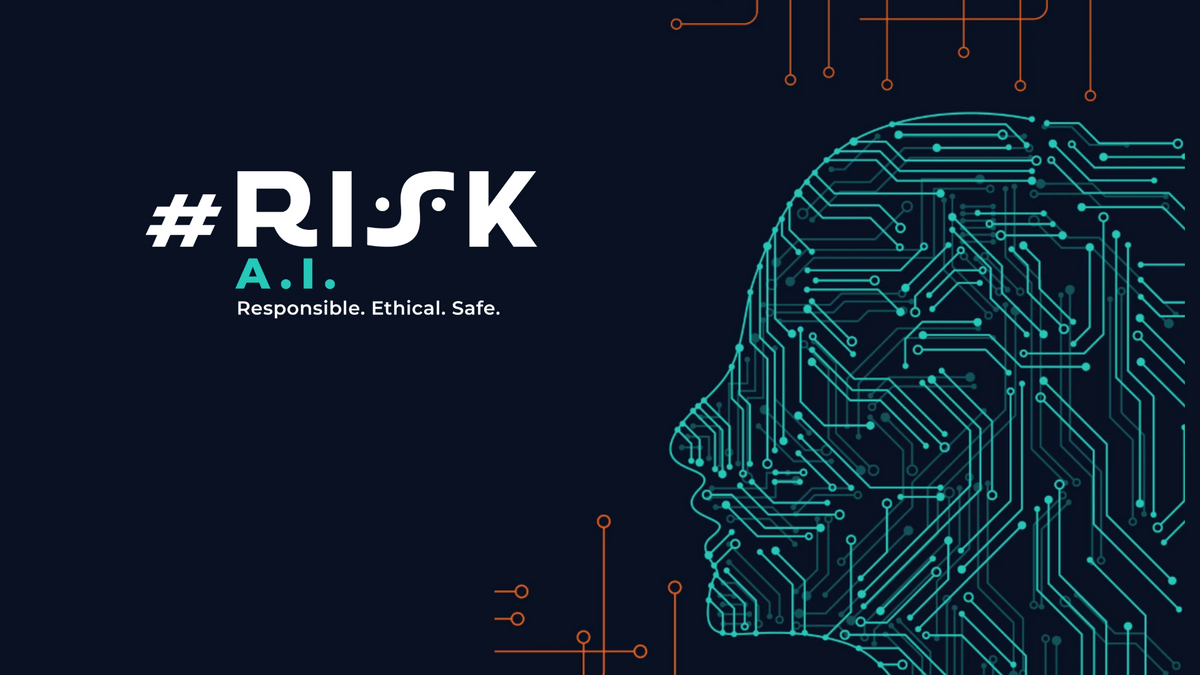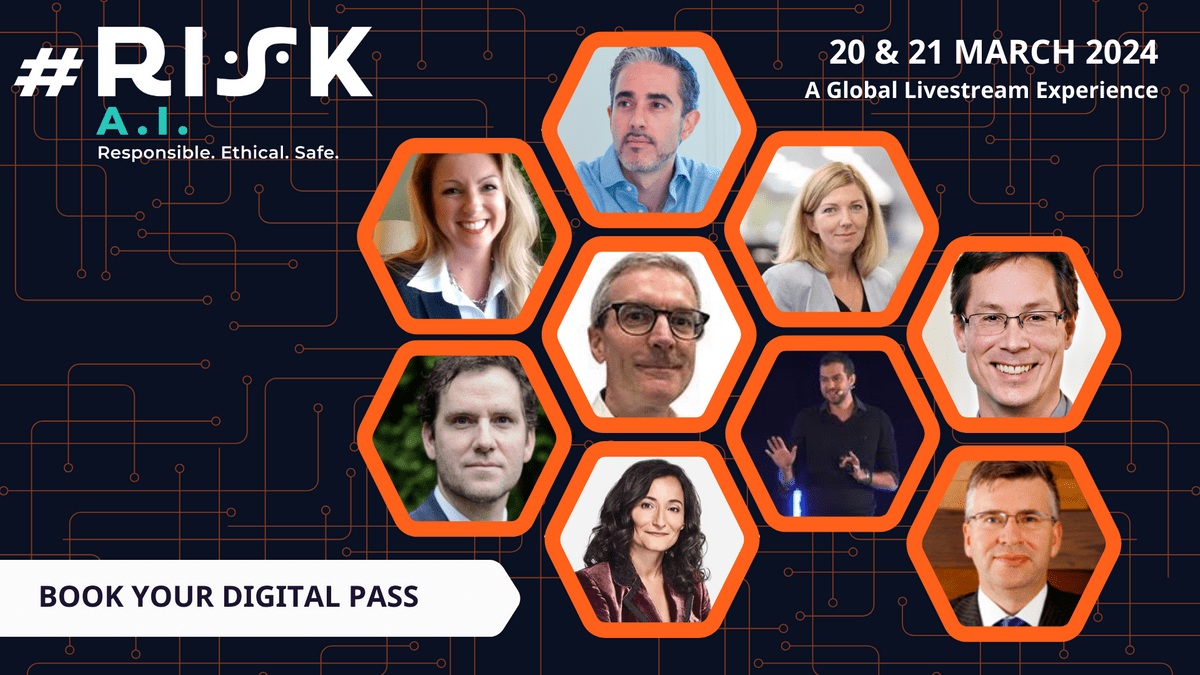GDPR set a benchmark for global privacy regulations, will the EU AI Act shape the future of AI governance worldwide?
AI is revolutionizing the way companies operate, improving efficiency, and boosting profitability. But along with the countless benefits, there are also potential risks that need to be understood and managed effectively.
The emerging global AI regulatory landscape
With the European Union's (EU) Artificial Intelligence Act scheduled to come into effect in 2024, Europe is positioning itself as a global leader in AI regulation.
By taking this lead in AI regulation, Europe is setting a benchmark for other regions.
Organizations involved in the development or deployment of AI will be required to comply with certain regulations within 24 months from the adoption of the law.
During this two-year period, it will be crucial for companies to thoroughly evaluate their AI technologies and processes to align with the EU regulatory framework.
Addressing issues related to bias, transparency, accountability, and explainability within AI algorithms and adopting measures to protect personal data and respects individuals' privacy rights.
Organizations must foster a culture of responsible AI development and deployment, ensuring that ethical considerations are integrated into every stage of AI system design and implementation.
It is highly likely that the EU AI Act will serve as a catalyst for regulators in other jurisdictions. Just as the GDPR set a benchmark for data privacy regulations, the EU AI Act has the potential to shape the future of AI governance worldwide.
The regulatory landscape surrounding AI is still evolving and, as AI continues to advance and permeate more aspects of society, we can expect further developments in AI regulation, globally and it is therefore crucial for GRC professionals to stay updated and informed about the legal and regulatory frameworks governing AI.
Leveraging AI in GRC processes
Artificial Intelligence will also bring benefits to GRC professionals and processes, improving efficiency, accuracy, and decision-making.
AI can analyze vast amounts of data, both structured and unstructured, with speed and accuracy, enabling organizations to identify potential risks and vulnerabilities more effectively.
By analyzing historical data, AI can forecast future risks, helping enterprises proactively mitigate them before they escalate into major issues.
AI can automate time-consuming andrepetitive tasks in GRC processes, such as regulatory compliance checking, risk assessments, and policy monitoring.
AI algorithms can analyze regulations,policies, and legal documents to ensure compliance and can continuously monitor regulatory changes and dynamically update internal policies and procedures accordingly.
AI can also provide real-time alerts andsuggestions for compliance breaches, enabling quick resolutions and minimizing potential penalties.
As organizations face increasingly complex regulatory environments and challenges, leveraging AI in GRC processes will become imperative for staying ahead in the ever-changing business landscape.
The #RISK series of events will address the risks and explore the benefits of AI.
Our expert speakers will share insights, case studies, and best practices, helping navigate the challenges and harness the power of AI effectively.
Attendees will learn about the potential legal and ethical implications, data security concerns, and how to mitigate risks that may arise in integrating AI into their business processes.



